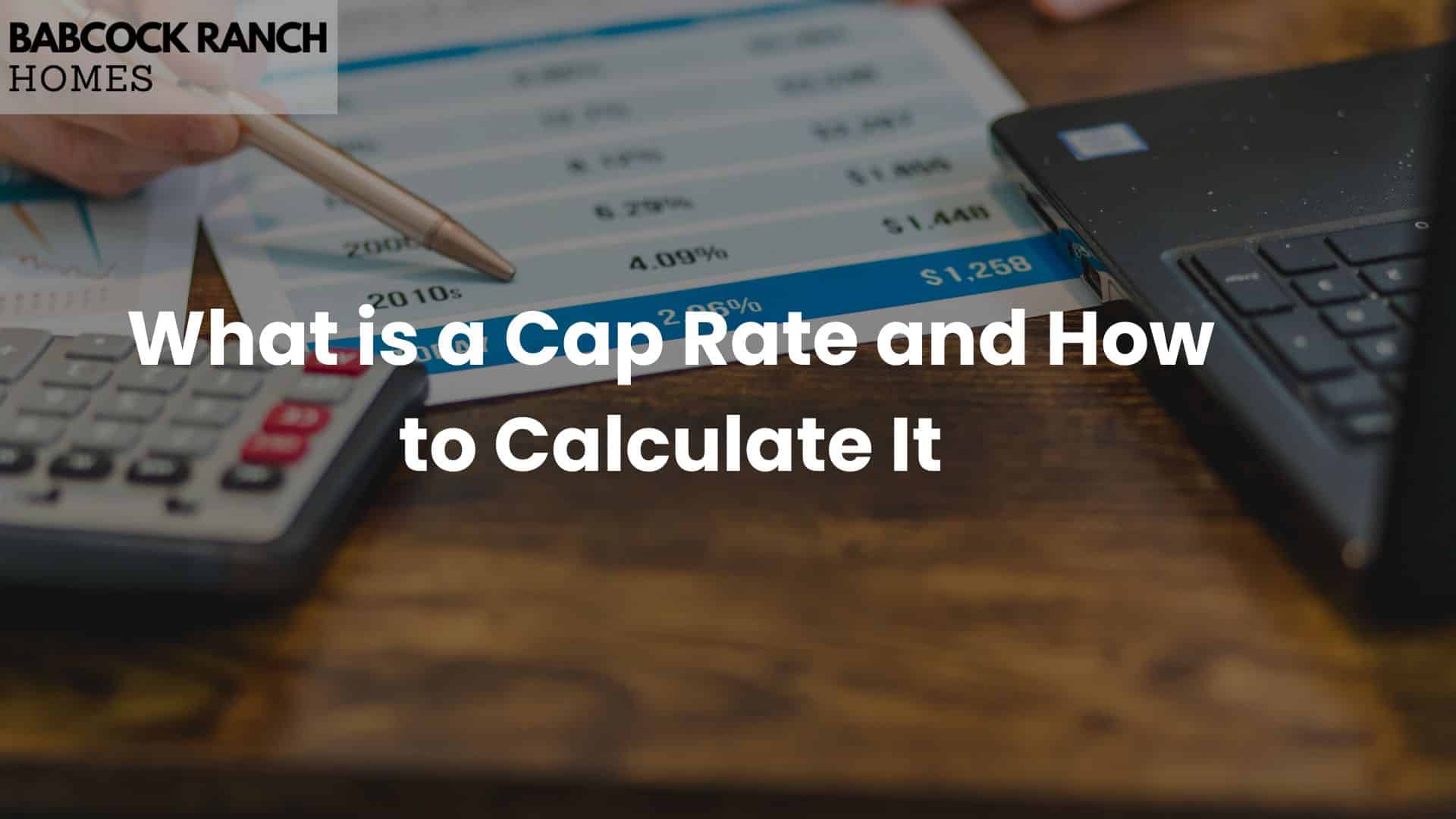Are you considering a land contract for your next property investment? Understanding property tax responsibilities is crucial. This article will guide you through the basics of land contracts, explain how contract terms affect property tax obligations, and offer tips for protecting your interests. You’ll learn how to manage property taxes effectively during the contract period and avoid potential consequences of failing to meet these obligations. With this knowledge, you’ll be better equipped to navigate land contracts and make informed decisions about your real estate investment.
Essential Points to Remember in Land Contracts
- Land contracts offer flexible financing alternatives to traditional mortgages for property purchases
- Property tax responsibilities in land contracts require careful consideration and clear definition in the agreement
- Escrow accounts and regular communication help manage tax payments effectively in land contract arrangements
- Failing to meet tax obligations can result in severe legal consequences and loss of property rights
- Consulting legal professionals and maintaining detailed records protect interests in land contract agreements
Understanding the Basics of Land Contracts

Land contracts offer an alternative to traditional mortgages for property purchases. These agreements involve direct payments from buyers to sellers, often with lower down payments and more flexible terms. Understanding the key differences between land contracts and conventional loans is crucial for assessing risks and benefits. This section explores the fundamentals of land contracts and their unique features compared to standard mortgage arrangements.
Defining Land Contracts and Their Purpose
Land contracts, also known as contract for deed or installment sale agreements, serve as alternative financing methods for property purchases. These agreements allow buyers to make direct payments to sellers over time, potentially bypassing traditional mortgage requirements. While land contracts offer flexibility, buyers should be aware of potential risks, including the need for a title search to confirm ownership, limited refinancing options, and the possibility of foreclosure if payments are missed. Understanding these aspects helps buyers navigate the process and protect their interests, potentially leading to a quiet title action to secure clear ownership.
Key Differences Between Land Contracts and Traditional Mortgages
Land contracts differ significantly from traditional mortgages in several key aspects. Unlike mortgages, land contracts typically do not involve a lender, with the seller acting as the financier. This arrangement often results in more flexible terms and potentially lower down payments. However, buyers should be aware that land contracts may not build equity as quickly as traditional mortgages, and they may face challenges when seeking insurance or refinancing options. It’s crucial for buyers to consult with an attorney and consider forming an LLC for protection. Additionally, land contracts are usually recorded with the local recorder of deeds, ensuring legal recognition of the agreement.
Identifying Property Tax Responsibilities in Land Contracts

Property tax responsibilities in land contracts require careful consideration for both buyers and sellers. This section examines common tax obligations and strategies for negotiating tax duties within the contract agreement. Understanding these aspects is crucial for parties involved in seller financing arrangements, especially those with challenging credit histories, to prevent potential defaults and ensure a smooth transaction.
Common Tax Obligations for Buyers and Sellers
In land contracts, both buyers and sellers have distinct tax obligations related to the property. Typically, buyers assume responsibility for property taxes as part of their agreement, even though legal ownership remains with the seller until the contract is fulfilled. Sellers must report the sale as an installment sale for income tax purposes, potentially spreading their tax liability over time. It’s crucial for both parties to clearly define tax responsibilities in the contract to avoid disputes and potential eviction issues. The property itself serves as collateral, and failure to pay taxes can result in liens or fees against the real property, impacting the lease agreement.
- Buyer typically assumes property tax responsibility
- Seller reports sale as installment sale for income tax
- Clear definition of tax responsibilities in contract
- Property serves as collateral
- Tax non-payment can lead to liens or fees
Negotiating Tax Duties in the Contract Agreement
Negotiating tax duties in land contract agreements requires careful consideration of both parties’ interests. Buyers and sellers should work with real estate agents and legal professionals to establish clear terms regarding property tax responsibilities. The contract should specify who pays the taxes, when payments are due, and how income from the property affects tax obligations. A warranty clause can provide additional protection for buyers, ensuring the seller’s disclosure of any existing tax liens or court judgments against the property. Establishing a trust account for tax payments can offer security and transparency for both parties:
| Tax Duty | Responsibility | Considerations |
|---|---|---|
| Property Tax Payments | Typically Buyer | Specified in contract, may be escrowed |
| Income Tax Reporting | Seller | Reported as installment sale |
| Tax Lien Disclosure | Seller | Included in warranty clause |
| Trust Account Management | Agreed Upon | Ensures proper allocation of funds |
How Contract Terms Affect Property Tax Obligations

Contract terms significantly influence property tax obligations in land contracts. Clear tax clauses, payment schedules, and state regulations shape responsibilities for both parties. These factors impact debt management, renting options, and financial planning. Understanding these elements is crucial for navigating legal aid, depreciation considerations, and overall finance management in land contract agreements.
Importance of Clear Tax Clauses in the Contract
Clear tax clauses in land contracts are essential for defining property tax responsibilities and preventing disputes. These clauses specify how capital gains, property taxes, and interest payments are handled, ensuring both parties understand their obligations for tax returns. By explicitly stating the tax rate and payment schedule, buyers and sellers can accurately plan their finances and avoid potential legal complications. A well-structured tax clause provides clarity on:
| Tax Aspect | Responsibility | Impact |
|---|---|---|
| Property Tax Payments | Typically Buyer | Affects monthly expenses |
| Capital Gains Reporting | Seller | Influences tax return calculations |
| Interest Deductions | Buyer | Potential tax benefits |
| Tax Rate Changes | Agreed Upon | Impacts long-term costs |
Impact of Payment Schedules on Tax Responsibilities
Payment schedules in land contracts significantly influence tax responsibilities for both buyers and sellers. The timing of payments affects when ownership transfers, impacting property tax obligations and potential liens. Buyers should consider establishing an escrow account to manage tax payments, ensuring timely remittance and protection against liens. Additionally, the payment structure may affect home insurance requirements and the buyer’s ability to claim tax deductions, making it crucial to carefully review and negotiate these terms within the contract.
Role of State and Local Regulations
State and local regulations play a crucial role in shaping property tax responsibilities within land contracts. These laws dictate how taxes are assessed, collected, and reported, influencing the financial obligations of both buyers and sellers. Buyers must exercise due diligence to understand local tax rates and regulations, as these can significantly impact the overall cost of the land contract option. Sellers should be aware of their ongoing tax responsibilities until the asset is fully transferred, ensuring compliance with state-specific reporting requirements for land contract transactions.
Managing Property Taxes Effectively During the Contract Period

Effective property tax management in land contracts involves strategic approaches. Setting up an escrow account ensures timely payments, while monitoring deadlines prevents penalties. Regular communication between parties is crucial for addressing tax matters, including back taxes and interest rates. In Ohio, understanding judgment implications and mortgage considerations helps navigate tax responsibilities smoothly.
Setting Up an Escrow Account for Tax Payments
Setting up an escrow account for tax payments is a crucial step in managing property taxes effectively during a land contract period. This account acts as a safeguard for both buyers and sellers in real estate transactions, ensuring that property taxes are paid on time and preventing potential liens or legal issues. By allocating a portion of each payment to the escrow account, buyers can avoid the burden of large lump-sum tax payments and maintain a smooth real estate transaction process. This approach also provides peace of mind for sellers, as it reduces the risk of tax delinquency on the property during the contract term.
Monitoring Tax Payment Deadlines
Monitoring tax payment deadlines is crucial for both buyers and sellers in land contracts, especially in states like Michigan and Wisconsin where property tax laws can vary. Buyers should establish a system to track due dates, ensuring timely payments to avoid penalties and potential legal issues. In some cases, obtaining title insurance can provide additional protection against unforeseen tax liabilities. Cash buyers should be particularly vigilant, as they may not have the benefit of a lender’s oversight in managing tax obligations. Understanding state-specific laws regarding property tax deadlines is essential for maintaining compliance and preserving the integrity of the land contract agreement.
Communicating Regularly About Tax Matters
Regular communication about tax matters is essential for effective property tax management in land contracts. Estate agents can facilitate discussions between buyers and sellers, clarifying who pays property taxes on a land contract and addressing any tax deduction opportunities. These conversations should cover expenses related to property taxes, potential changes in tax rates, and the implications of a deed of trust on tax responsibilities. Establishing clear communication channels ensures both parties remain informed and can address any tax-related issues promptly, minimizing the risk of misunderstandings or financial surprises.
- Discuss tax payment responsibilities
- Address potential tax deductions
- Review changes in tax rates
- Clarify deed of trust implications
- Establish regular communication schedule
Consequences of Failing to Meet Property Tax Obligations

Failing to meet property tax obligations in land contracts can have serious consequences. This section examines potential legal actions and penalties, effects on property ownership and rights, and strategies to resolve tax delinquencies. Understanding these outcomes is crucial for both buyers and sellers in installment sale agreements to avoid jeopardizing their investments and legal standings.
Potential Legal Actions and Penalties
Failing to meet property tax obligations in land contracts can result in severe legal consequences and financial penalties. Local authorities may impose late fees, interest charges, and even initiate foreclosure proceedings to recover unpaid taxes. In extreme cases, buyers risk losing their property rights and equity investment, while sellers may face legal action for failure to ensure tax compliance. Additionally, tax liens can be placed on the property, complicating future sales or refinancing efforts:
- Late fees and interest charges on unpaid taxes
- Risk of foreclosure proceedings
- Potential loss of property rights and equity
- Legal action against sellers for non-compliance
- Tax liens affecting property marketability
Effects on Property Ownership and Rights
Failing to meet property tax obligations in land contracts can significantly impact property ownership and rights. Buyers may lose their equitable interest in the property, jeopardizing their investment and potential future ownership. Sellers might face legal complications if tax liens accumulate on the property, affecting their ability to transfer clear title. These consequences can lead to:
- Loss of buyer’s equitable interest
- Accumulation of tax liens
- Difficulties in transferring clear title
- Potential forfeiture of the property
- Legal disputes between buyers and sellers
Strategies to Resolve Tax Delinquencies
To resolve tax delinquencies in land contracts, parties should act promptly and collaboratively. Buyers can negotiate payment plans with local tax authorities to address outstanding balances, while sellers may consider adjusting contract terms to facilitate tax payments. Seeking professional advice from tax attorneys or real estate experts can provide guidance on legal options and potential consequences. In some cases, refinancing the property or selling it outright may be necessary to clear tax debts and avoid foreclosure.
Tips for Protecting Your Interests in a Land Contract

Protecting interests in land contracts requires careful planning and diligence. Consulting legal professionals ensures properly drafted agreements, while keeping detailed tax payment records safeguards against disputes. Regularly reviewing and updating contract terms helps address changing circumstances. These strategies minimize risks and protect both buyers’ and sellers’ interests throughout the contract period.
Consulting Legal Professionals When Drafting Agreements
Consulting legal professionals when drafting land contract agreements is crucial for protecting both buyers’ and sellers’ interests. An experienced real estate attorney can ensure the contract addresses property tax responsibilities clearly, including payment schedules and consequences for non-compliance. They can also advise on state-specific regulations and help incorporate clauses that safeguard against potential disputes or financial risks related to tax obligations.
Keeping Detailed Records of All Tax Payments
Maintaining meticulous records of all tax payments is essential for protecting interests in land contracts. Buyers should create a comprehensive filing system, documenting each property tax payment with receipts, canceled checks, and bank statements. This practice provides crucial evidence in case of disputes and helps track progress towards fulfilling contract obligations. Additionally, keeping detailed records enables easier identification of any discrepancies or errors in tax assessments, allowing for prompt resolution and potentially saving money in the long run.
Reviewing and Updating Contract Terms as Needed
Regularly reviewing and updating contract terms is crucial for protecting interests in land contracts. Parties should schedule annual reviews to assess changes in property values, tax rates, or financial circumstances that may affect tax responsibilities. If necessary, they can negotiate amendments to the contract, ensuring it remains fair and compliant with current laws. This proactive approach helps prevent disputes and maintains a clear understanding of each party’s obligations throughout the contract period.
Conclusion
Understanding property tax responsibilities in land contracts is crucial for both buyers and sellers to protect their interests and avoid legal complications. Clear contract terms, regular communication, and proper management of tax payments through escrow accounts can prevent disputes and ensure compliance with local regulations. Failing to meet tax obligations can lead to severe consequences, including potential loss of property rights and financial penalties. By consulting legal professionals, maintaining detailed records, and regularly reviewing contract terms, parties can navigate the complexities of land contracts and property taxes effectively, safeguarding their investments and fostering successful real estate transactions.




















